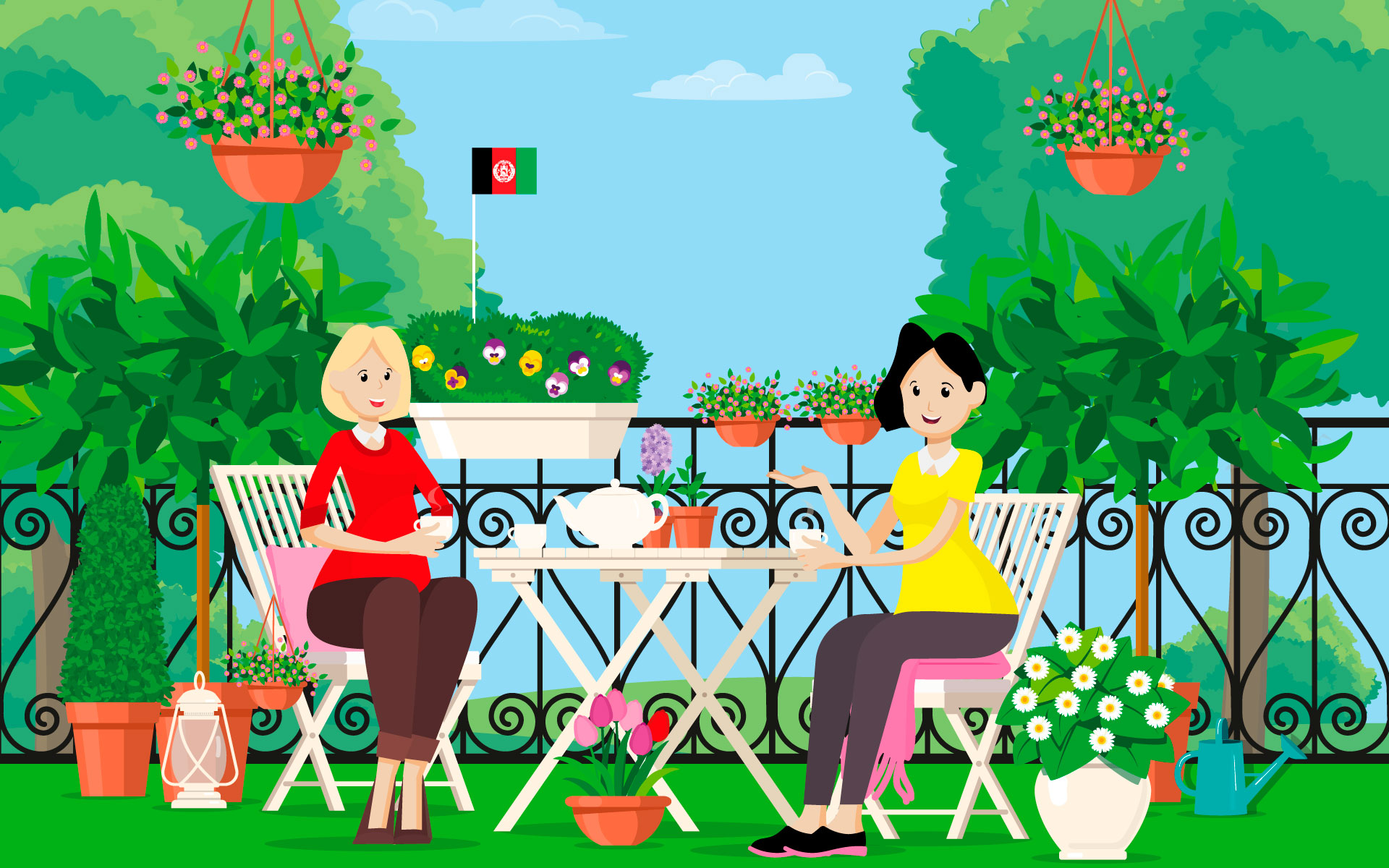From Afghanistan to India to Peru, she follows her heart and soul and finds freedom in the extraordinary act of living life the way she wants to. A chance encounter with a free spirit who somehow remains anchored to the real world.
 I recently had an encounter with an extraordinary woman. Her story was so inspiring and, in many ways, liberating, that it had me reassessing my life.
I recently had an encounter with an extraordinary woman. Her story was so inspiring and, in many ways, liberating, that it had me reassessing my life.
In her late 30’s, she has already travelled to over 45 countries. She has had the most extraordinary experiences, from working for the British Army as an aviation weapons expert in Afghanistan, to working with NGOs to rebuild the country after the war.
When I met her, she had just finished a two-year stint in India. She has no home base, and in between contracts, she travels around the world to visit friends she has made along the way.
She told me about the special women’s park in Kabul. It’s an oasis amidst the chaos, where women can free themselves of their burkas and enjoy tea and each other’s company in the beautiful gardens.
By contrast, living in a compound in Kandahar, in the south of Afghanistan, she had to have four armed personnel to accompany her to buy a loaf of bread.
She shared her experience of the ice hotel in Sweden, and seeing the auroras, and about her trip up Machu Picchu in Peru. She has come to South Africa to obtain a technical qualification in Portuguese, a language she had learnt while working in Angola and Mozambique.
This is a woman who is living life, and I envied her freedom. But I also wondered if I could live such a life unfettered, if I wouldn’t need some base to keep me secure?
I also wondered about the financial aspect. What happens when she tires of this life and wants to create a home base? What does she do in her older years?
Her freedom was, however, secured. Despite the risks she had taken on her personal safely, she had been remarkably conservative with her finances.
She told me that from her very first pay cheque she had started to save and had always refused to buy anything on credit. When she bought a house, the bank wanted to offer her a far higher mortgage.
She told them she knew what she was comfortable spending each month and refused their offer. She had always made sure she had a nest egg, and that gave her the comfort and security of letting go.
She can live the gypsy life, because she made good decisions early on. I realised then, that the power of letting go is really based on knowing you have a safety line.
Often the fear that keeps us in jobs we hate, or holding onto unhealthy relationships, or not taking that leap of faith, is a fear of financial or material loss. We have become so caught up in a world of material needs, that we have lost our spiritual and emotional path along the way.
In another, diametrically opposite conversation, a colleague told me about his ‘mid-life’ crisis. At the age of 40, he went into serious debt to buy a Porsche. A decision he has regretted for years afterwards. I asked him if a Porsche had been something that he had always wanted. Was it a dream come true for him? “No,, not really,” he said. “it just seemed the sort of thing you do at 40”.
How many of our decisions are based on what we think we should be doing, according to our perceptions of the society around us? How much time do we spend understanding what it is we actually want? What would it mean if we were to give up some of material ambitions, for the things our souls crave?
Maybe we need to start looking differently at our money and budgets. Not as some forced limit that stops us having “it all”, but rather as an opportunity to understand what we really need to bring us joy and freedom.
In my case is it another meal out at a restaurant, another dress to add to the cupboard, or my bucket-list dream of seeing the cherry blossoms in Kyoto? Which reminds me, the Japanese do not have a separate tense for the future. The default tense for verbs in the language, is the present.
The choices we make today will shape the future we live. Will it be one tethered to fear, or one where we are free to explore?

Leave a Reply